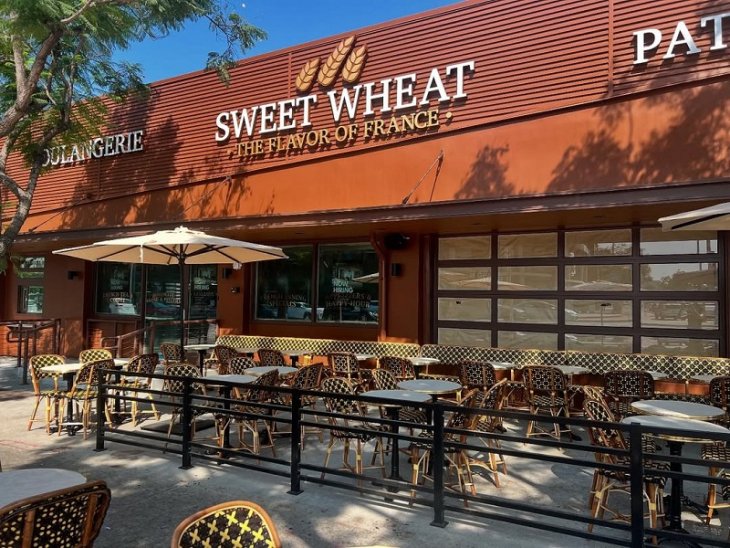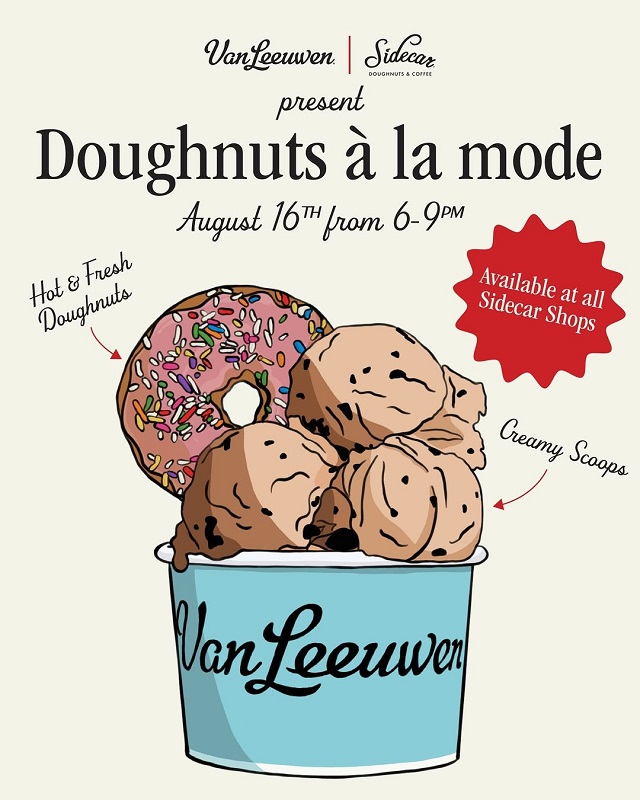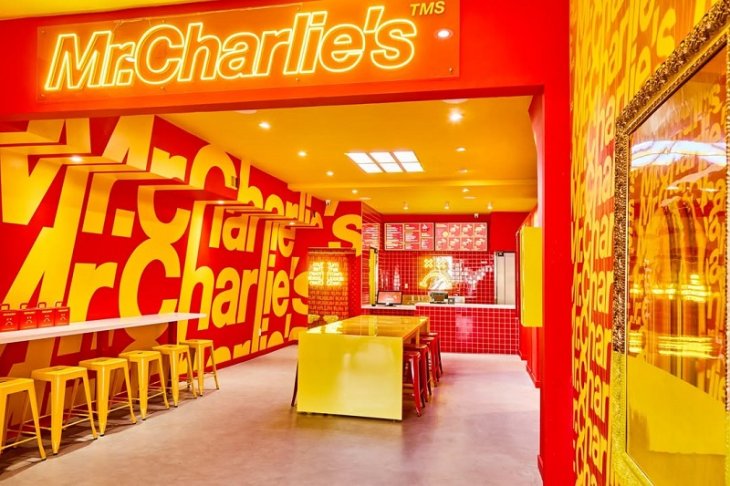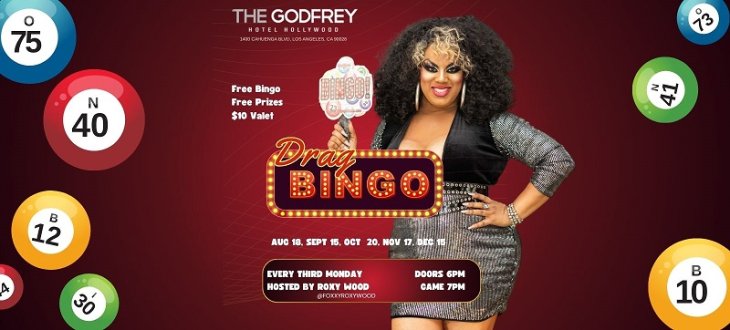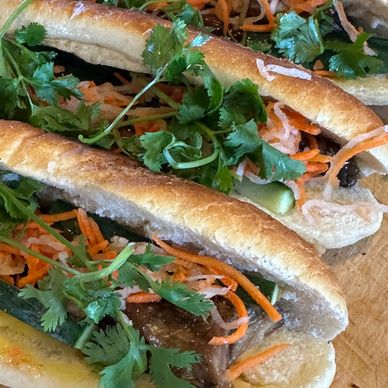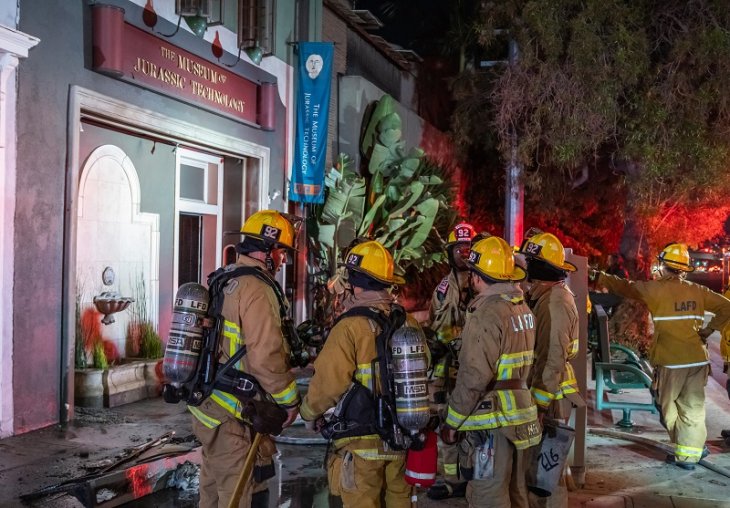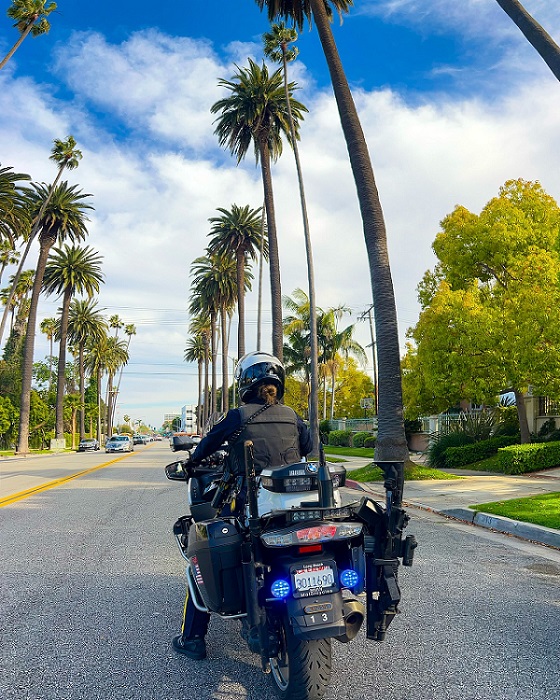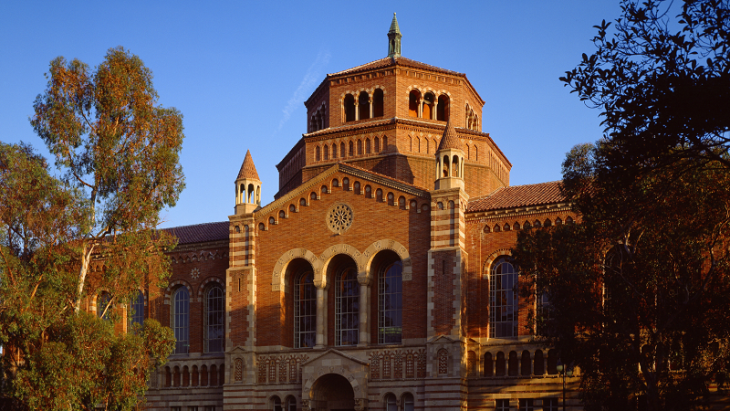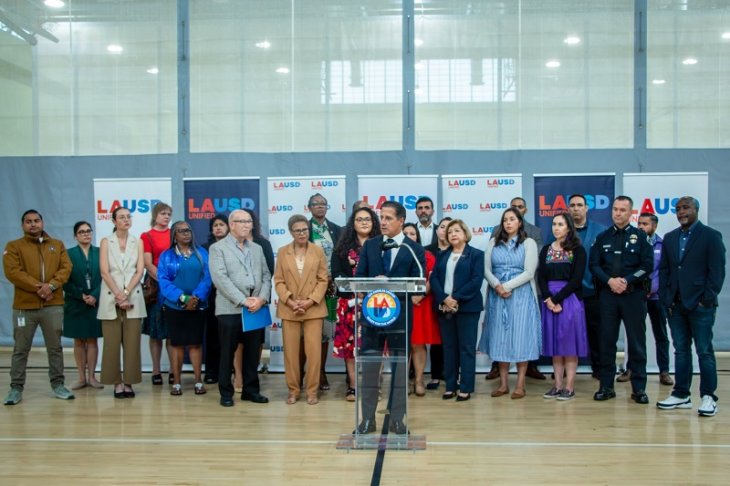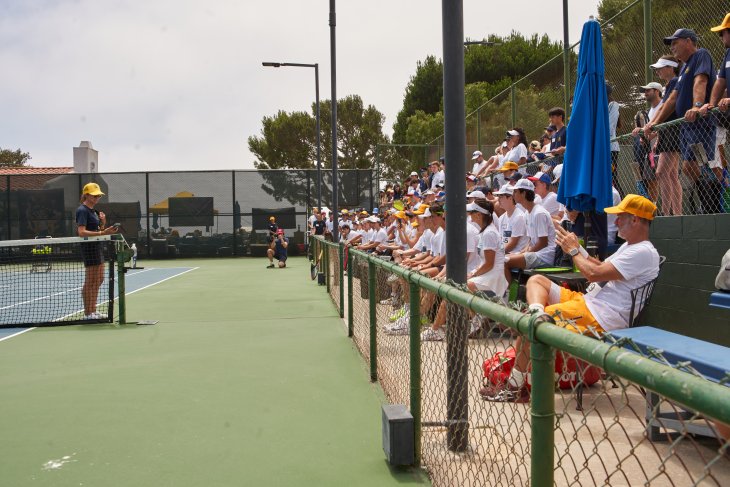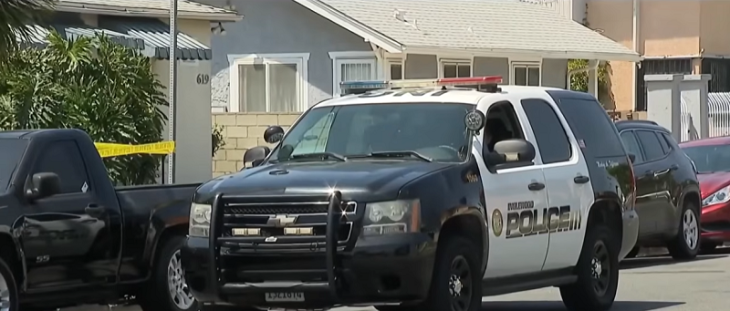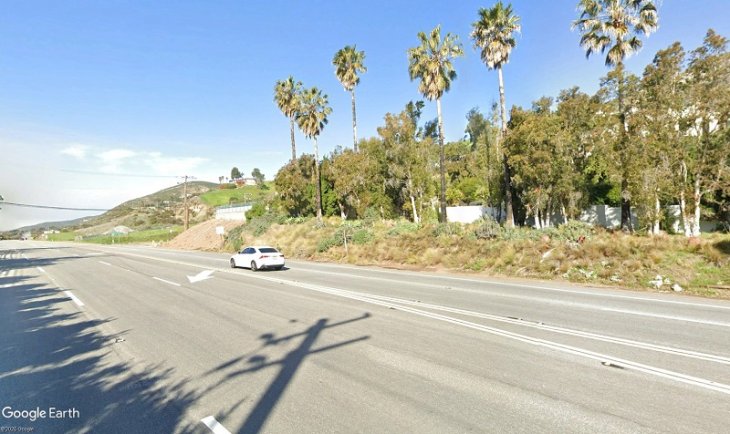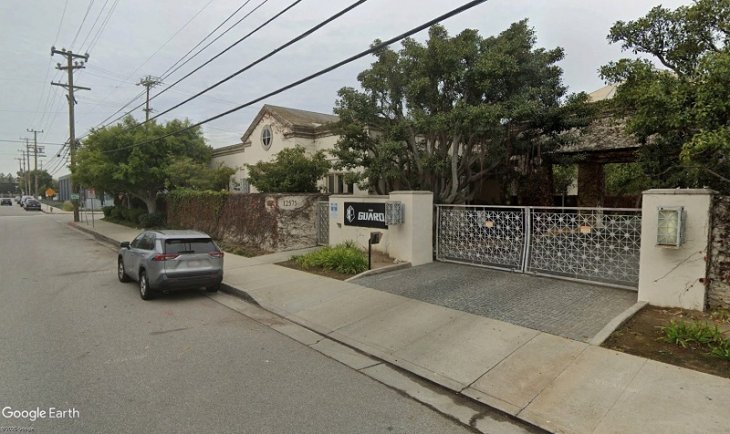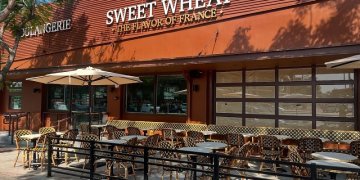A celebration and candle lighting ceremony are planned Monday in South Los Angeles to mark the start of the seven-day African- American festival of Kwanzaa.
A series of Kwanzaa celebrations at the African American Cultural Center will begin at 6:30 p.m. with an Umoja (Unity) Celebration and Candle Lighting Ceremony, which will include music, cultural expressions, refreshments and Umoja (unity) statements from community leaders, organizers said.
People attending the celebration are asked to bring warm clothes and blankets for the needy.
Additional celebrations will be held at the center daily through Sunday.
The 15th annual Kwanzaa Heritage Festival and Block Parade will begin at 10 a.m. Saturday in Leimert Park Village at Crenshaw Boulevard and Vernon Avenue.
Kwanzaa was created in 1966 by Maulana Karenga, now chair of Africana Studies at Cal State Long Beach, in what he called “an audacious act of self- determination.”
This year’s 50th anniversary of Kwanzaa “of necessity brings added focus and emphasis on its customary call for remembrance, reflection and commitment,” Karenga wrote in his annual founder’s message.
“We remember our history and the legacies left and the people who made and left them for us and the world,” Karenga wrote. “We reflect on the expansive meaning of being African in the world on the context and issues of our times and our way forward in struggle to forge a future responsive to our needs and interests as well as those of the world.
And we recommit ourselves to our highest values, to our most anchoring, elevating and liberating practices and as ever to the good of our people and the well-being of the world.”
Kwanzaa’s focus is the “Nguzo Saba,” the Seven Principles — unity, self-determination, collective work and responsibility, cooperative economics, purpose, creativity and faith.
During the week, a candelabrum called a Kinara is lit, and ears of corn representing each child in the family are placed on a traditional straw mat.
African foods such as millet, spiced pepper balls and rice are often served. Some people fast during the holiday, and a feast is often held on its final night.
A flag with three bars — red for the struggle for freedom, black for unity and green for the future — is sometimes displayed during the holiday.
Kwanzaa is based on the theory of Kawaida, which espouses that social revolutionary change for black America can be achieved by exposing blacks to their cultural heritage.
“Kwanzaa is anchored in ancient traditions and timeless values that have given people of African descent the power to build great civilizations and thrive after extraordinary hardship,” Mayor Eric Garcetti told City News Service.
“We take these seven days to contemplate principles of self- determination, shared responsibility, creativity, unity, purpose, and faith — and rejoice in the great power they possess in our lives. May the Kinara fill homes with light, and our hearts with the joy, warmth and peace that this holiday brings to people all over the world.”


